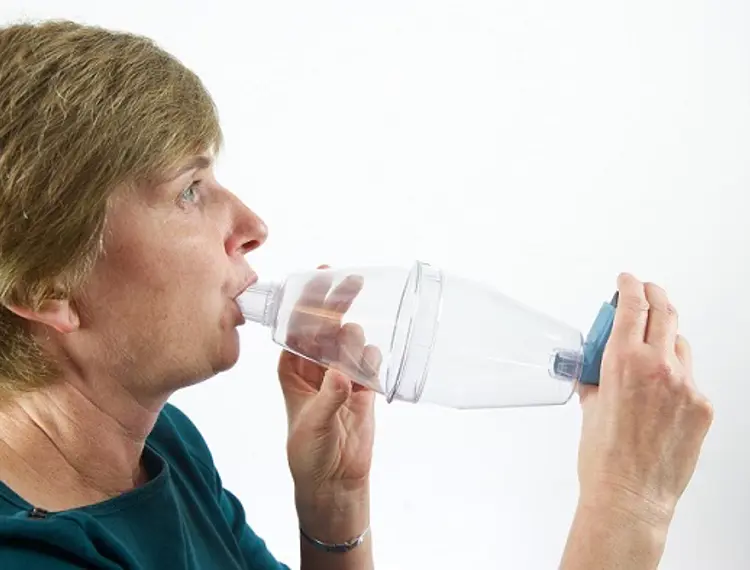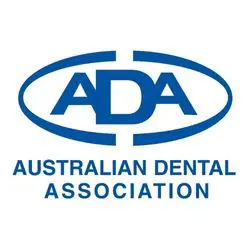
Key messages
- People with asthma may be at higher risk of tooth decay, tooth erosion, gum disease and oral thrush.
- Using the correct inhaler technique can help to decrease side effects inside your mouth.
One in nine Australians have asthma - this is about 2.7 million people.
People with asthma may be at higher risk of tooth decay, tooth erosion, gum disease and oral thrush. The main reason for this increased risk is a dry mouth. A decrease in the amount of saliva inside the mouth can be caused by:
- an increase in breathing through your mouth instead of your nose
- a side-effect of medications used to treat asthma.
Oral thrush is a fungal infection that can occur in and around the mouth and throat. It is also known as oral candidiasis. It is mostly caused by an overgrowth of fungal yeast called candida albicans.
Oral thrush can be associated with the use of corticosteroid inhalers used to treat asthma. The risk is higher if you take high doses regularly. Beta-2 agonist inhalers that are used to treat asthma symptoms have been shown to decrease the amount of saliva made. This can cause a dry mouth. It can be associated with higher amounts of oral candida which cause oral thrush.
What does oral thrush look like?
Oral thrush will usually appear in the mouth as white patches on soft tissues in the mouth, such as the tongue, that can often be wiped off but will leave a red area that may bleed slightly.
Ways to prevent oral thrush associated with asthma
- After using an asthma inhaler, rinse your mouth with water or fluoridated mouthwash.
- Use a spacer device.
- Stay hydrated by drinking water.
- Chew sugar-free chewing gum to help make saliva.
Oral thrush needs to be diagnosed by sending a swab sample from inside your mouth to a laboratory.
People with asthma are at greater risk of developing tooth erosion.
- The beta-2 agonist and inhaler medications used to manage asthma can cause a decrease in saliva. They can also the bacteria found on teeth to become acidic. Both factors increase your risk of developing tooth decay or tooth erosion.
- You may experience gastroesophageal reflux more commonly which can lead to tooth erosion.
Protect your mouth with the below tips
- Using the correct inhaler technique to minimise side effects within the mouth.
- Use a spacer with your inhaler. The spacer helps to deliver the medication directly into your lungs instead of covering the surface of your teeth, and soft tissues of your mouth and throat.
- Wait at least 60 minutes to brush your teeth after using your inhaler.
- See your dentist regularly. Let them know if you have asthma and use medications to prevent or treat it.


